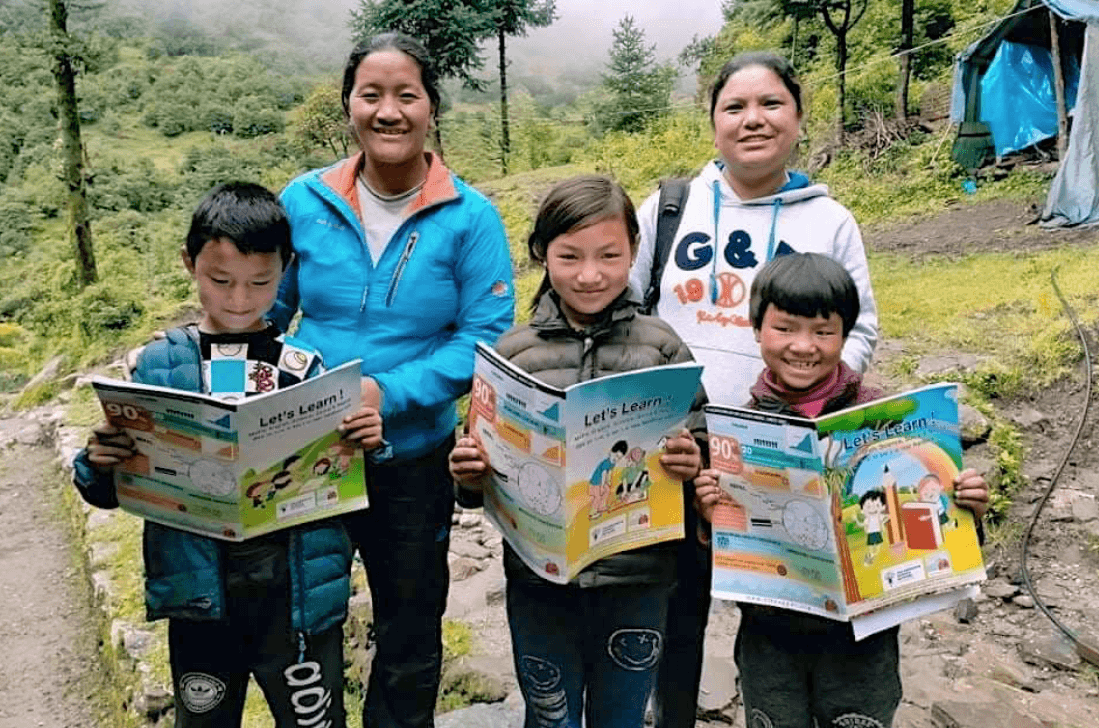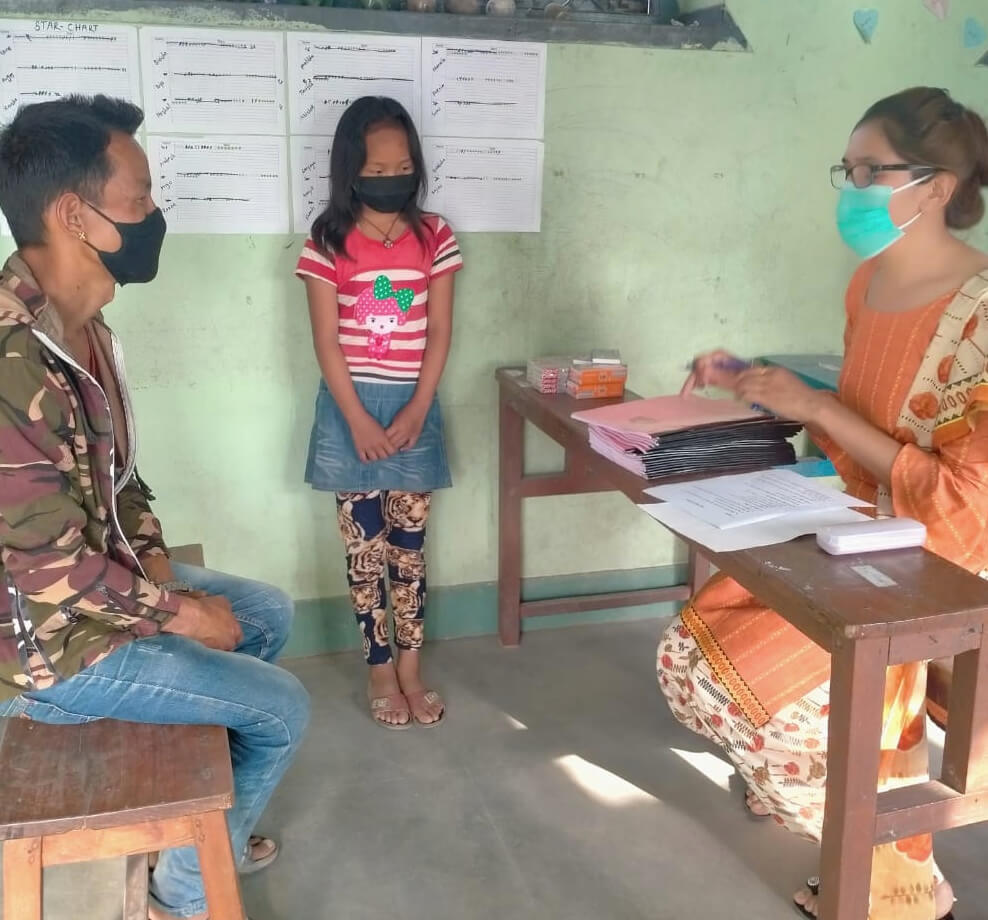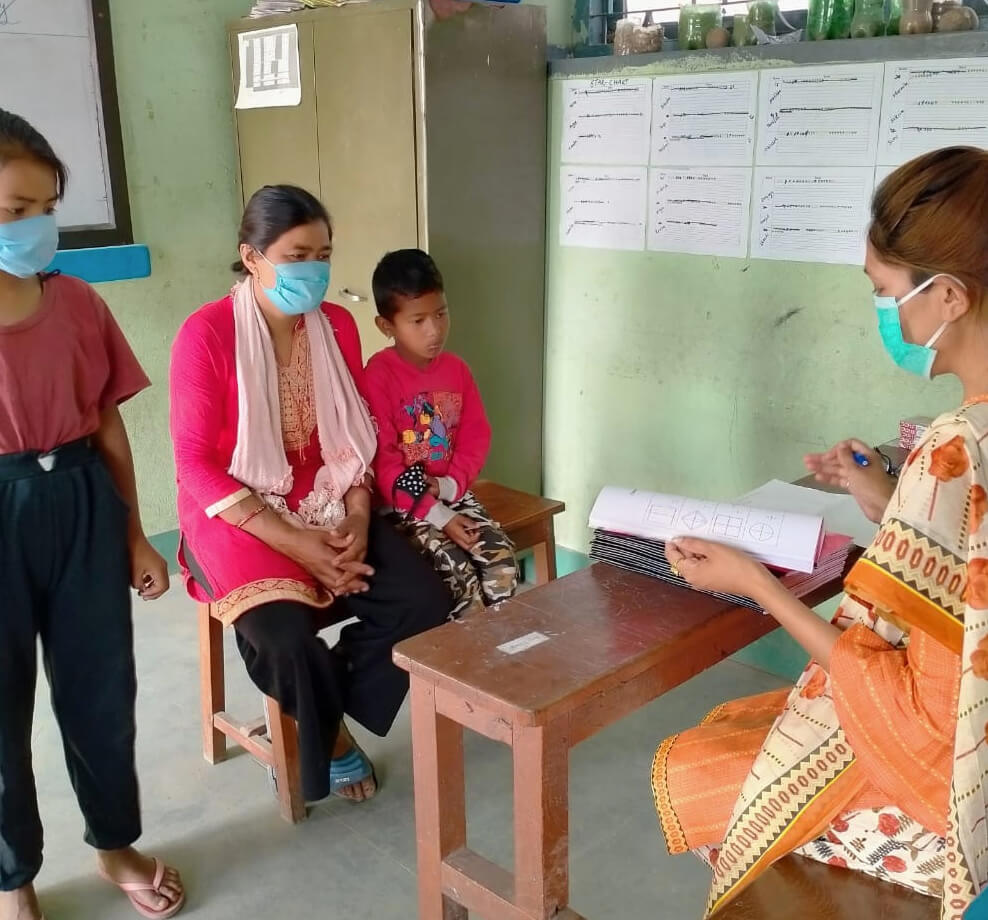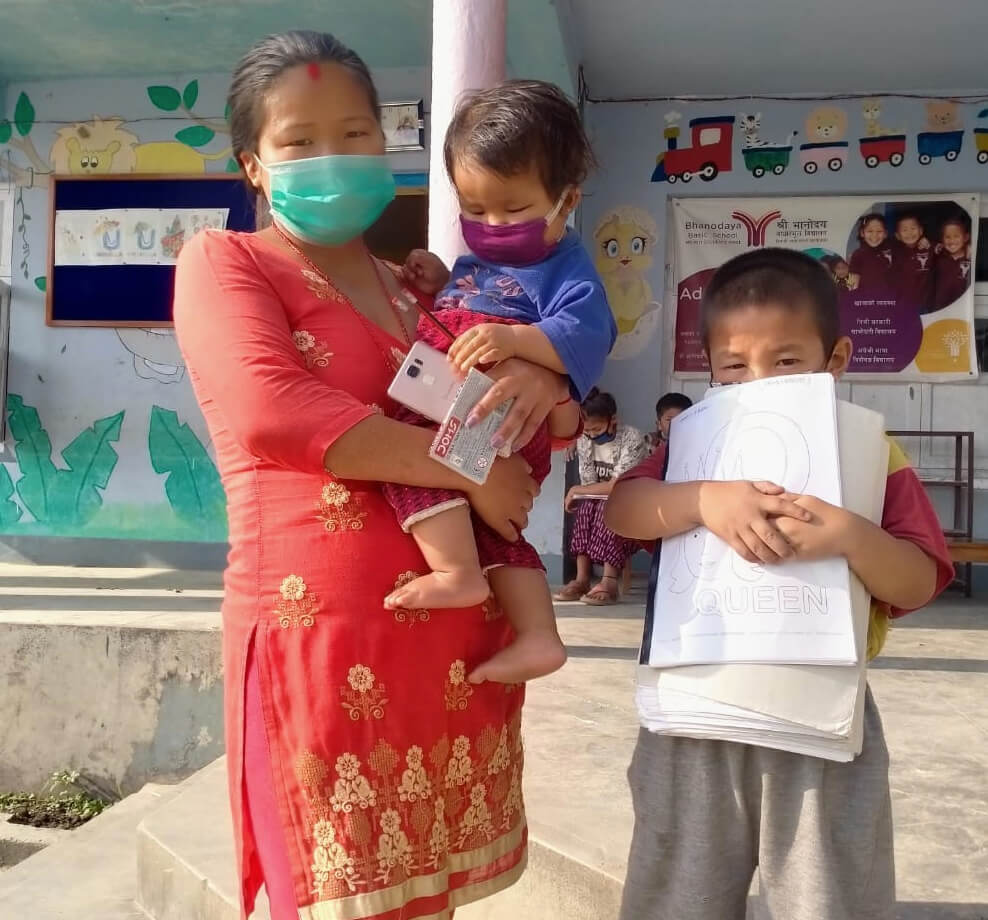Over 13,000 students in 12 municipalities across Nepal have used Collaborative Schools Network (CSN) Learning Packs during the coronavirus lockdown.
These Learning Packs, created by the CSN team, are 60-page booklets to help students keep up with their studies while schools have been closed. The learning packs have been distributed for free through networks of partner organizations and local government.
The coronavirus has had a devastating impact on education in Nepal, and it is the poorest and most marginalized children who suffer the most. That is why CSN is determined to do all they can to keep students learning… wherever they are in Nepal.
How does CSN involve all students, all of the time?
This is one of the key challenges of teaching. In public schools in Nepal, when it comes to asking students questions, the standard technique is to let them all shout out the answer. We call this the ‘all at once’ method and it is completely ineffective as a technique to check students’ understanding. When students shout out all at once, it is impossible for the teacher to determine which students understand and those who do not.
The alternative is to ask individual students. We call this the ‘one by one’ technique. The teacher can at least judge whether a student understands, but because it is done ‘one by one’ there is never enough time to ask all the students.
It becomes even less useful if the teacher allows students to self-select, by raising their hands. Inevitably it is the stronger, more confident, students who always answer. That is why, when teachers ask students questions using ‘one by one’ we encourage them to use the ‘hands down’ technique. That means, the teacher chooses who answers.
Better still are two techniques we help teachers to use: ‘Show You Know’ and ‘Pair and Share’. Each technique encourages maximum student participation, while giving teachers maximum information about their students’ learning. You can learn more about each technique in the videos below.
Although many other NGOs in Nepal focus on improving infrastructure or providing materials or training to schools, the CSN approach is uniquely comprehensive and holistic, leading to a deeper, more long-lasting transformation. Also, working alongside the public sector creates the potential to scale the program and reach many more children than one private school ever could. The focus on improving existing, public schools rather than building new ones from the ground up is a more sustainable approach that enables CSN to contribute to incredible, lasting, systemic change for Nepal.
Furthermore, through strategic and creative fundraising efforts (selling their lesson plans to private schools, obtaining grants from local municipalities, etc.), CSN is maximizing their own self-sufficiency.
To learn more about this partnership or to make a donation, please visit the links below.





